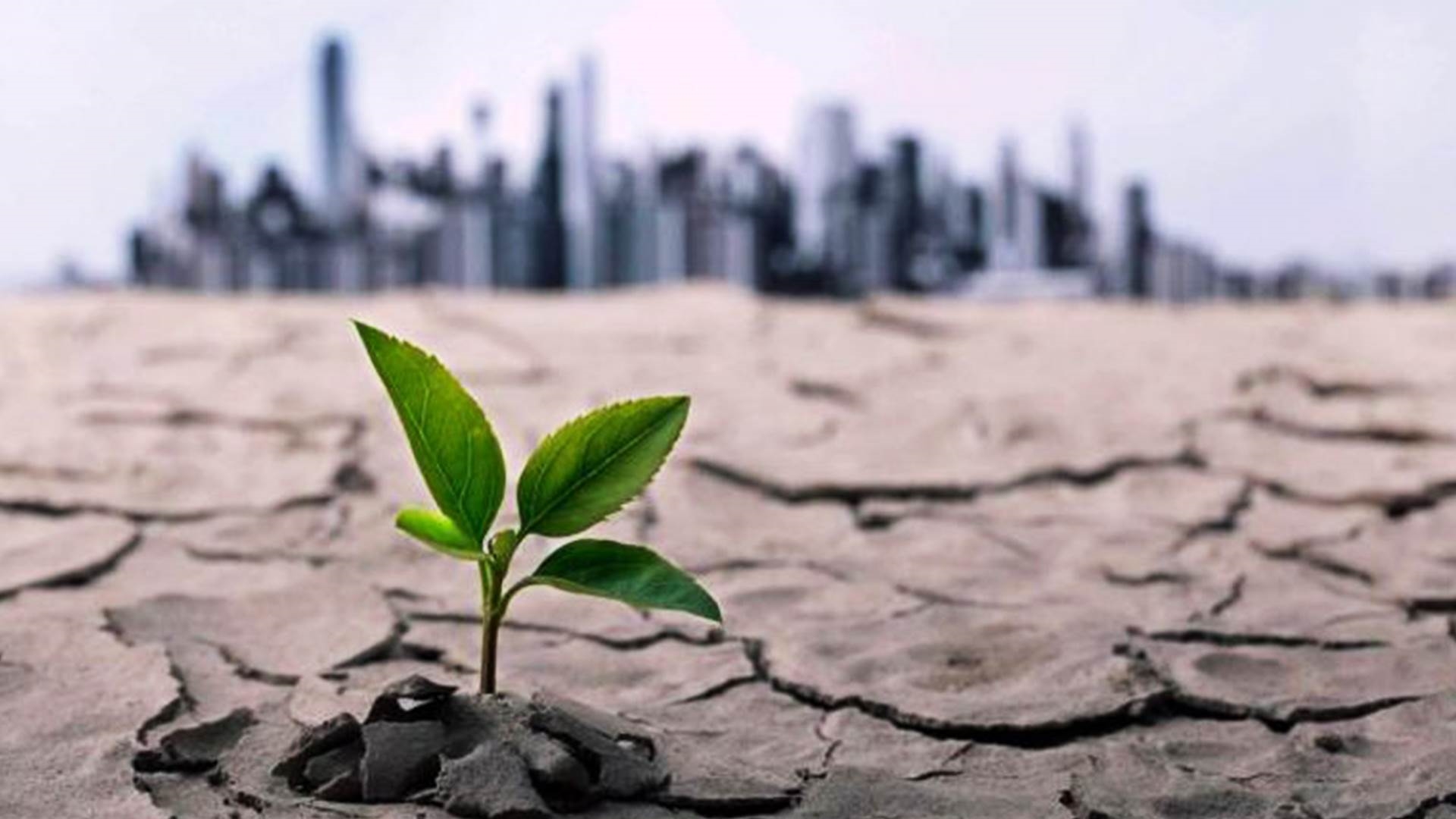Climate Crisis: Impacts on Jobs and Economy Revealed in Latest Global Report
Wegdan Mohammed

The increasing research and international reports continuously reveal the strong impacts of the climate change crisis that we are now aware of its severe consequences, increasingly affecting various aspects of our lives and even ourselves.
A recent report by the World Economic Forum and the International Labour Organization disclosed that the climate change crisis will lead to more job losses, reduced working hours, and decreased productivity. The report predicts a loss of approximately 3.8% of total working hours globally within just 7 years, by 2030, due to rising temperatures. This equals around 136 million full-time jobs and economic losses estimated at $ 2.4 tn.
The report highlights that outdoor workers are most affected by the consequences of the climate crisis, especially those in extremely hot regions. Climate change not only causes extreme heat but also poor air quality, disease-carrying insects, floods, and wildfires, significantly impacting workers' ability to perform their jobs.
The report emphasizes three factors explaining the impact of climate change. It quotes the American company KFF stating that more than 65 million American workers are in jobs related to climate-related risks. Statistics from the labor department also showed 36 work-related deaths in the United States in 2021 due to heat stress.
Health was the first factor discussed in the report. The Environmental Protection Agency identified six major health impacts related to climate-related risks, including heat-related illnesses due to working in extreme temperatures. Respiratory diseases related to air quality are also a concern due to increased air pollution caused by climate change, leading to problems like asthma among outdoor workers.
Additionally, climate change leads to increased insects and the spread of more dangerous infections from mosquitoes and other disease-carrying insects. Even with the use of pesticides to combat this increase, there is a risk to agricultural workers exposed to toxic chemicals.
Frontline workers such as firefighters and healthcare professionals face the risk of physical and psychological losses due to dealing with the harsh weather events' consequences.
The second factor discussed in the report was the impact of climate change on productivity. Studies indicate that work productivity slows down if temperatures exceed 24-26 degrees Celsius due to the climate crisis. Temperatures ranging between 33 and 34 degrees Celsius lead to a 50% decrease in production levels for physically demanding jobs like construction, agriculture, and sanitation, according to the International Labour Organization.
The report explained that if workers are not affected by high temperatures, there are other effects related to air pollution, leading to worsened current health conditions, especially in low-income countries.
A study published in The Lancet identified Africa, Sub-Saharan Africa, South Asia, and Southeast Asia as the regions most vulnerable to decreased work productivity due to the climate crisis.
The third and final factor discussed in the report was the impact of climate change on jobs. Extreme climate events such as floods, droughts, wildfires, and hurricanes will damage businesses, transportation methods, industrial infrastructure, and agriculture. This will lead to the loss of numerous jobs.
A report by IOA Insurance Company estimated that climate-related events cost the global economy around $ 313 bn last year, 4% higher than the twenty-first-century average.
Despite this, the report offered a glimmer of hope for the future of jobs, emphasizing that the global transition to sustainable green energy will create additional employment opportunities.









